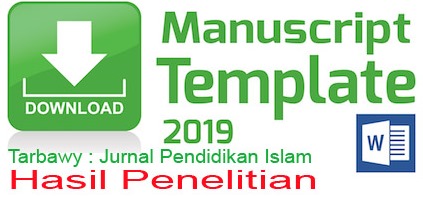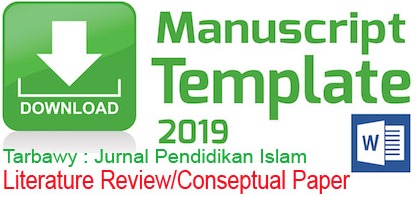URGENSI PENDIDIKAN AGAMA ISLAM DALAM PEMBENTUKAN AKHLAK SISWA MI
DOI:
https://doi.org/10.32923/tarbawy.v10i2.3653Keywords:
Urgency, Islamic Religious Education, Formation of Ethics, Islamic Elementary School StudentsAbstract
A bitter reality frequently encountered regarding student morality is the emergence of problems in daily life, such as the prevalence of students bullying their own peers, children mistreating their parents, and so on. This indicates the need for an improvement in the moral education system for students. This research aims to reveal the urgency of Islamic Religious Education in shaping the morality of students in Islamic Elementary School. The approach used is descriptive-qualitative, with data collection techniques including case studies, literature studies, and research instruments such as current news articles obtained from online news websites, books, journals, articles, and previous studies related to the issues being examined in this research. This study's target and subjects are Islamic Elementary School students. The data analysis techniques used in this research include data reduction, data presentation, and drawing conclusions. The research findings show that Islamic Religious Education plays a significant role in shaping the morality of Islamic Elementary School students. Instilling faith in students through Islamic Religious Education can build noble character, shield them from potential immoral behavior, and shape them into a pious, intelligent, and morally upright generation to become the nation's future leaders.









